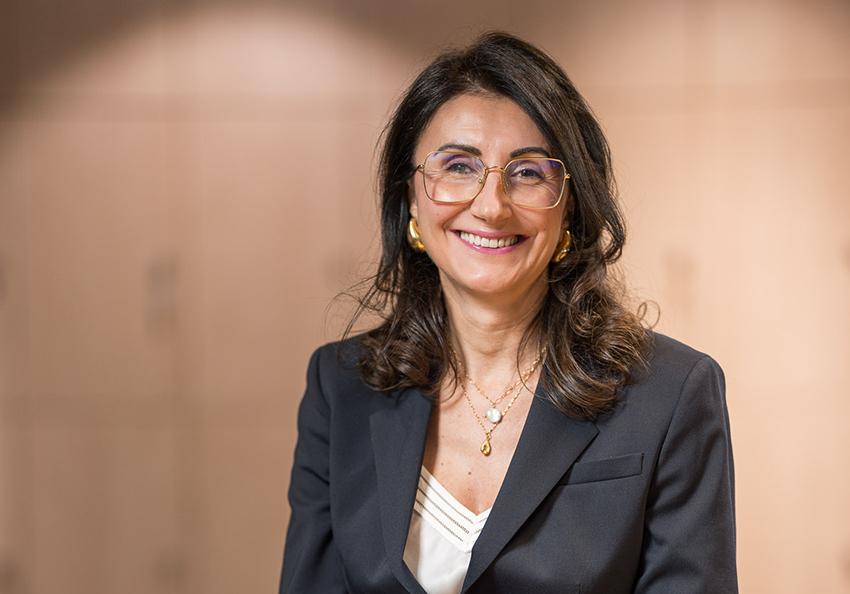Skanska Focuses on ESG and Flexibility as Romanian Office Market Evolves
Romania’s office market has entered a phase of recalibration, with demand shifting toward quality, ESG-compliant spaces and tenant expectations shaped by hybrid work models. In a recent CIJ EUROPE Q&A with Aurelia Luca, Executive Vice President at Skanska Hungary & Romania, these changes have reinforced Skanska’s long-term development strategy of building resilient, sustainable workplaces that deliver value to tenants and communities.
“Interest rate increases and inflation initially created uncertainty, but the outcome has been a market that values genuine value creation,” Luca said. “We’ve seen increased demand for ESG-compliant buildings, which has validated our commitment to sustainability leadership in the region.”
Skanska’s recent projects, such as Equilibrium 2 in Bucharest, highlight this strategy. The building integrates Romania’s first WasteTracker digital system for comprehensive waste management and ESG reporting, and has achieved WiredScore Platinum and LEED Platinum certifications. In Budapest, the second phase of H2Offices is advancing with low-carbon materials, renewable energy integration, and planned WELL and LEED certifications.
Operational challenges over the past two years included rising construction costs, supply chain constraints, and regulatory changes, particularly around ESG. Skanska responded with adaptable design solutions, proactive sustainability measures, and a structured approach to tenant satisfaction. “Customer satisfaction is our compass and is built step by step,” Luca noted.
Tenant requirements have shifted significantly under hybrid work, with demand for flexible layouts, wellness services, and community-oriented spaces. Skanska has incorporated outdoor areas, collaborative hubs, and advanced digital infrastructure to support hybrid work models. “We reimagine the office not just as a workplace, but as a destination,” Luca said.
Reflecting on her first two years, Luca highlighted three lessons: the importance of adaptability while staying true to core values, the need for deep engagement with tenants and communities, and the alignment of ESG commitments with commercial success. Looking ahead, Skanska will prioritize sustainability leadership, innovation in building design, and strengthening partnerships across the region.
© 2025 www.cijeurope.com








